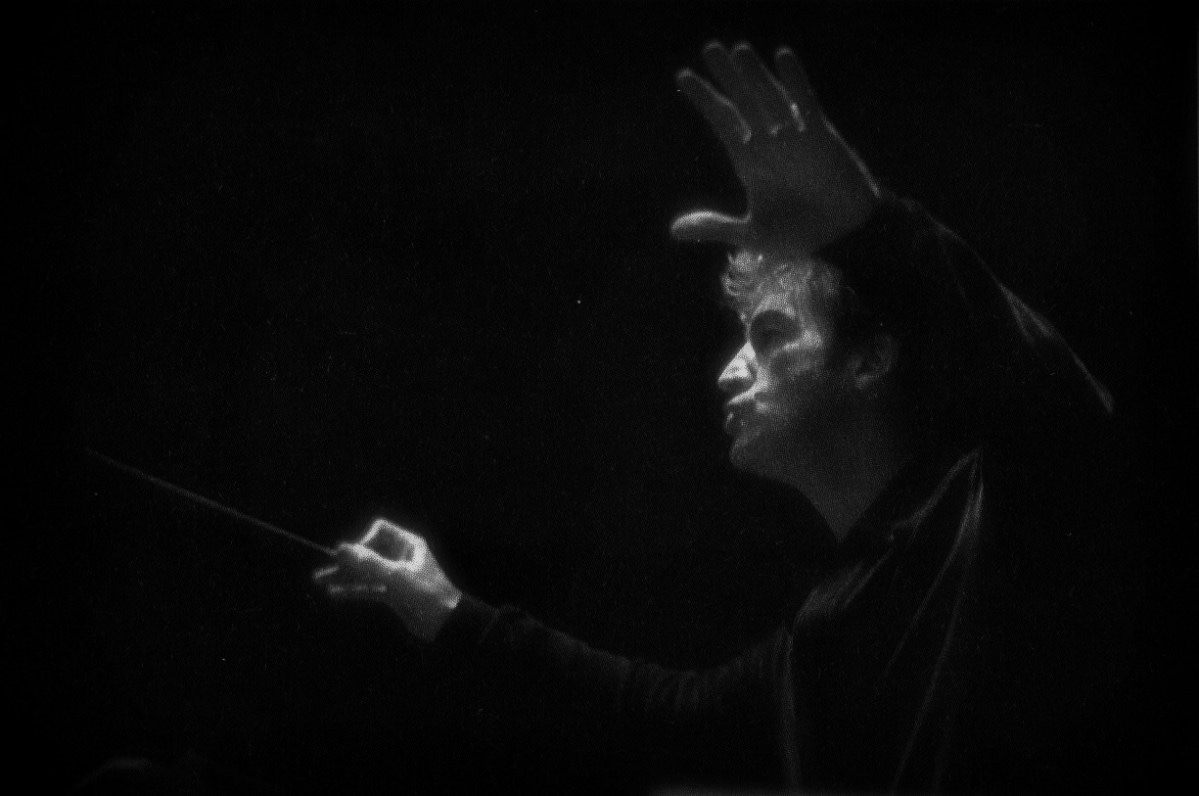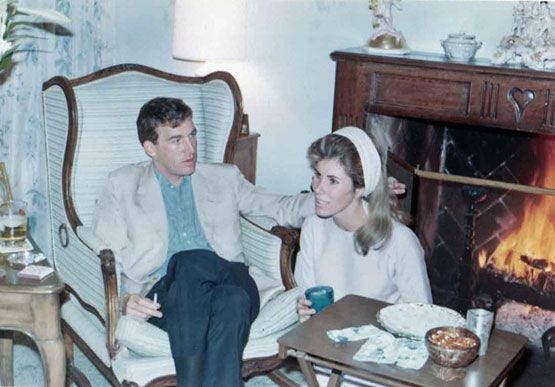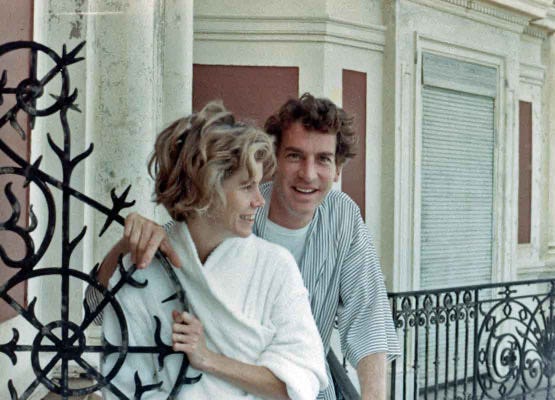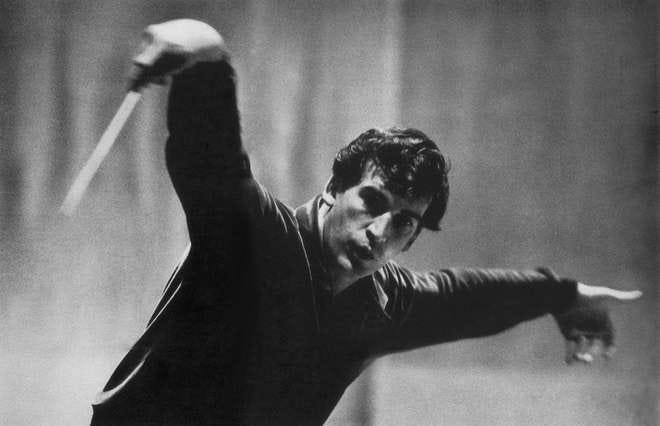Adorable Story #6: the Schippers-Phipps
This week we fly to Biarritz, New York, Cincinnati and Spoleto to discover this beautiful, albeit short-lived, American couple
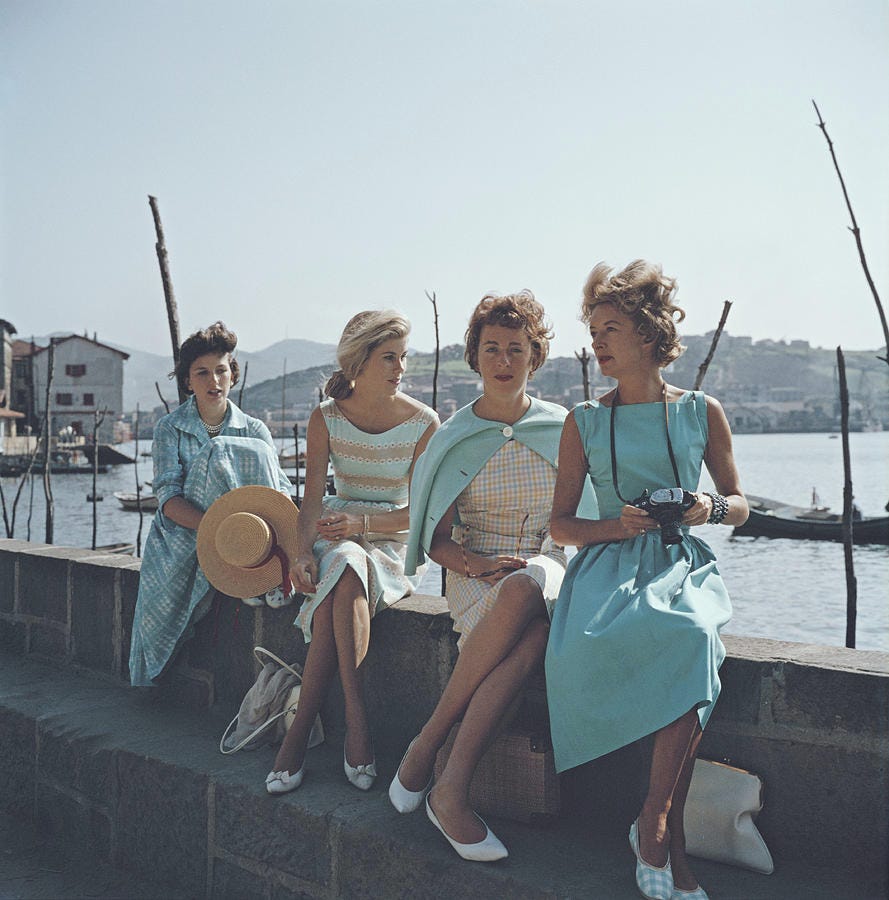
Mrs. Nonie Phipps was the daughter of Michael Grace Phipps, a noted polo player in the 1930's and 1940's, and the late Mrs. Muriel Lane Phipps.
Through her paternal grandmother, Mrs. John S. Phipps (the former Margarita C. Grace), Mrs. Nonie Phipps was a descendant of the famed William Russel Grace, Mayor of New York and founder of the Grace shipping firm.
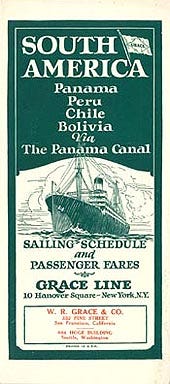
Nonie Phipps was a great-granddaughter of Henry Phipps, who was a partner of Andrew Carnegie in the steel business. She attended the Foxcroft School in Virginia and subsequently studied in Switzerland.
If you aren’t subscribed yet, hit the subscribe button below to receive this email every weekend, directly in your inbox:
Nonie Phipps married Thomas “Tommy” Schippers (9 March 1930 – 16 December 1977) in 1965.
In 1955, Mr. Thomas Schipper was named a Metropolitan Opera conductor and for such a young American this was an uncommon and nearly unheard occurrence.
He made his Met début on December 23, 1955 conducting the new production of Donizetti’s Don Pasquale. He conducted over thirty times at the Met house in 1956 alone.
When referring to that particular Met season, Mr. Rudolph Bing, who was then the General Manager of the Metropolitan Opera, considered it “The Schippers Festival” as Tommy had conducted thirty-six performances of five operas including La Bohème and Les Contes d'Hoffmann.
On June 5, 1958 the first edition of the “Festival dei due Mondi” took place in Spoleto, Italy. The Italian Composer Gian Carlo Menotti was the President of the Festival and he entrusted Thomas Schippers to be the Musical Director of the Festival.

That year, the hugely successful opening opera was Macbeth conducted by Schippers, with scenes by legendary Italian director Luchino Visconti.
Rave reviews of Schippers were received even from the Italian press which upheld — at least at that time — the extraordinary concept that only Italians had the legitimate right to conduct Verdi.
Tommy made his début at La Scala theatre in Milan in May of 1956 and in 1961 he conducted a truly memorable performance of Luigi Cherubini’s Medea with “La Divina” Maria Callas. This Medea would go down in history as the last opera performance Callas gave in Milan.
A bootleg video-recording of the rehearsal of that legendary performance survives and it is luckily available here (Tommy Schippers can be briefly seen at minute 3:41).
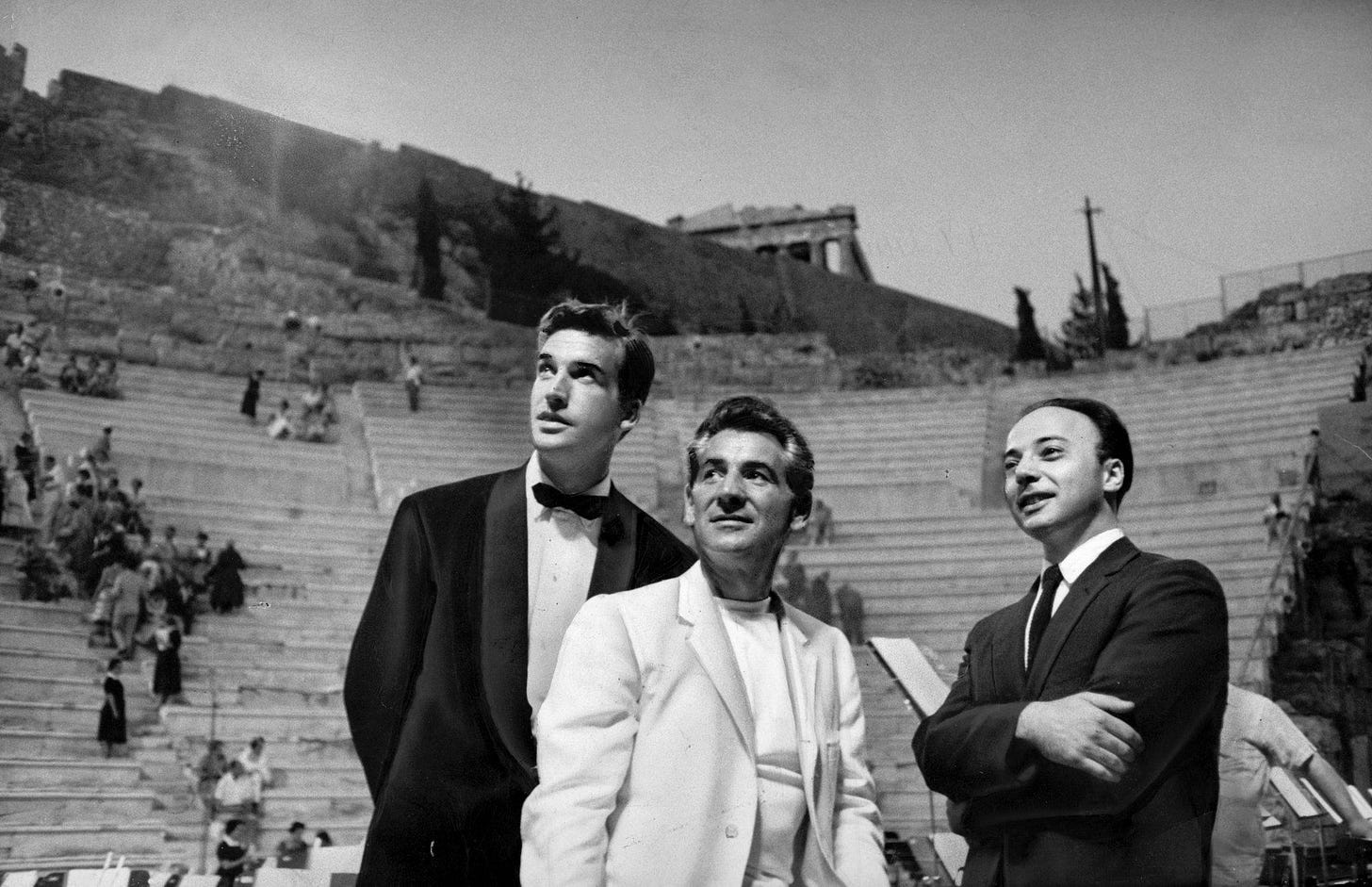
As Thomas Schippers had been assistant conductor of the New York Philharmonic for several years, he was considered the most likely candidate to inherit Leonard Bernstein’s position when he left the direction of that orchestra. In fact, in May 1969 Leonard Bernstein was scheduled to retire after having been director of the NYP for twenty years. Thomas Schippers, now thirty-nine, was effectively number two at the NYP and was considered by some to be Bernstein’s heir apparent. But it did not turn out that way. Other conductors, including Claudio Abbado, were considered for the position, but the directorship was given to Pierre Boulez.
Not having been appointed to the position of Music Director of the NYP, Thomas Schippers was invited to become Music Director of the Cincinnati Symphony Orchestra even though he had never conducted it and had never even seen it.
It was, in any case, an extremely rare occurrence for a conductor to be appointed Music Director of an important orchestra without ever having conducted it. He began his tenure there in 1970, succeeding Max Rudolph.
A brief video excerpt from a 1972 rehearsal with soprano Eileen Farrell, bass Jerry Thomas, and conductor Thomas Schippers preparing "Wotan's Farewell" from Wagner's "Die Walküre" for a concert with the Cincinnati Symphony Orchestra.
Thomas Schippers remained Music Director there until his death but did continue to conduct in many different venues, such as the Metropolitan Opera, the Spoleto Festival, the Teatro Comunale of Florence, La Scala of Milan and others, concurrently with his position in Cincinnati.
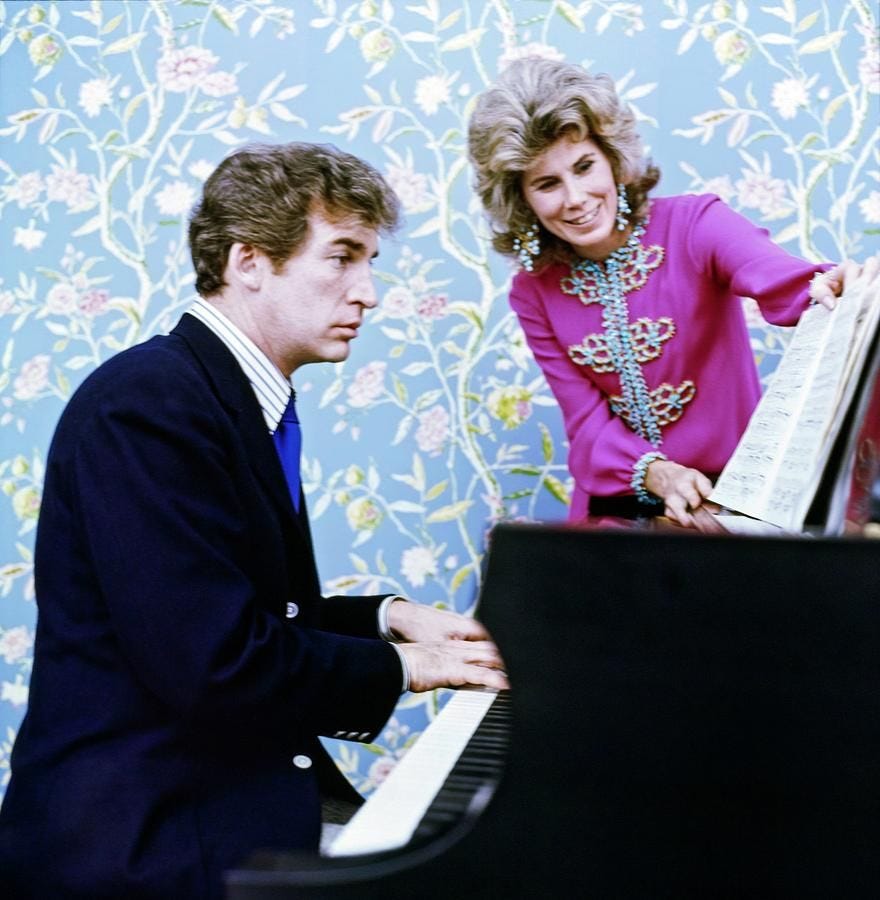
Sadly, Mrs. Nonie Phipps Schippers died in New York City in 1973 — she was only 34 years old — due to a long illness arising from ovarian cancer.
In 1976 Thomas Schippers was appointed as resident conductor of the Orchestra dell’Accademia Nazionale di Santa Cecilia in Rome beginning with the 1977-78 season. The Santa Cecilia is one of the oldest and most prestigious musical institutions in the world and he was the first American conductor to attain such a position with this orchestra. Sadly, he was never to fulfill his tenure there.
As early as Spring 1976 Tommy was forced to cancel engagements due to his illness. Further on, in February of 1977, it was not possible for him to fulfil his commitment at the Metropolitan Opera to conduct La Bohème.
During the same period, he was unable to conduct several performances with the Cincinnati Symphony Orchestra. He attempted to conceal his poor state of health not only from the public but also, as far as possible, from his close friends. The last performance he conducted was Rossini’s Il Barbiere di Siviglia at La Scala in Milan in January 1977.
It was 7:55 in the evening on December 16, 1977. At 550 Park Avenue in Manhattan Thomas Schippers, who had been ill for quite some time, passed away ending one of the most brilliant American musical careers of that time. The attending physician, William G. Cahan, certified that his death was due to natural causes. From March 1977 until his death, Schippers was in the care of Dr. Cahan who, at the time, was a noted specialist for pulmonary carcinoma.
As he wished, there was no funeral. And as he wished, he was cremated at the Garden State Crematory in North Bergen, New Jersey two days later.
Upon his request, the urn with his ashes was buried in the wall next to the Duomo of the Italian city of Spoleto in 1979.
— Alberto @





